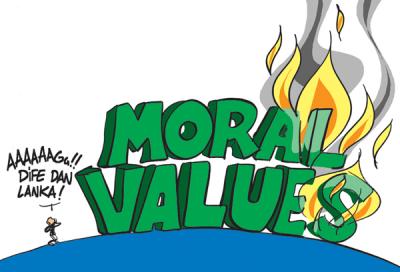The sacred Ramayana is an ancient universal classic “de L’Inde Millénaire’ which amongst others underpins core managerial insights and fundamentals of human resource management (managing people), leadership and strategic management.
Historical foundations of management – an overview
The Ramayana expounds on glaring examples related to the historical foundations of management. These encompass the classical school (Fayolism) management functions – planning, organizing, coordinating, leading, controlling and its managerial tenets, the human relations school (social/psychological dimension of people), spearheaded by Elton Mayo; the neo-human relations school focusing on motivations and supported by Maslow, Herzberg etc.
These humanistic approaches transcend leadership theories of trait, style and behaviour e.g. Rensis Likert exploitative/authoritative style to participative style, H/Heckman theory (authoritative/laisser-faire/democratic styles). The learning organization (Peter Senge) with its team-based structures; empowered people and open communications are well reflected in the Ramayana. However, many leadership gurus as Robin Sharma, Stephen Covey etc are highly inspired by these eastern mystics and religious texts.
The behavioural approach to leadership as prescribed by Blake and Mouton leadership grid (People v/s Task), the Ohio State studies (human considerations and setting structures) and Japanese management, Ouchi Theory Z participative style fit well in the Ramayan philosophy.
THE RAMAYANA : A Classic of Human
- Publicité -
EN CONTINU ↻


